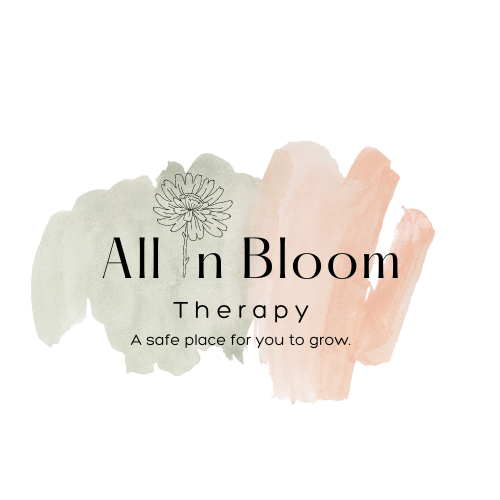Why Traditional Talk Therapy Might Not Help Trauma
When it comes to trauma, talk therapy might not be the most effective option. Often we have clients who come to us having done talk therapy with numerous therapists and feeling like they have made little to no progress- why is that?
Talk therapy relies on cognition (or thinking) and the retelling of our trauma story or narrative. This is a left brain process.
Trauma is not stored like “regular” memories, it is stored in our right brain and in our body through emotions and physical sensations. Memories stored in our right brain are not stored verbally, but rather somatically.
Trauma is not the event that happened to you, rather, it is how the event impacts you and how that impact is stored in your body.
As such, we cannot expect JUST talking to heal the wounds of our trauma. When we engage in traditional talk therapy we don’t usually fully engage with our body. We can talk about something and relay / report the details, but we aren’t really processing anything because we aren’t *feeling it* and *releasing it*.
Therapies that are most successful in facilitating the healing of trauma are therapies that include an emphasis on feeling, sensations, and emotions such as EMDR or somatic therapy.
This is not to say traditional talk therapy cannot be helpful at all with trauma- it is still nice to be able to voice our stories in a validating and safe environment. But when we take account the science behind how trauma is stored in our body, we know we cannot fully heal from trauma without including the body in some way.

